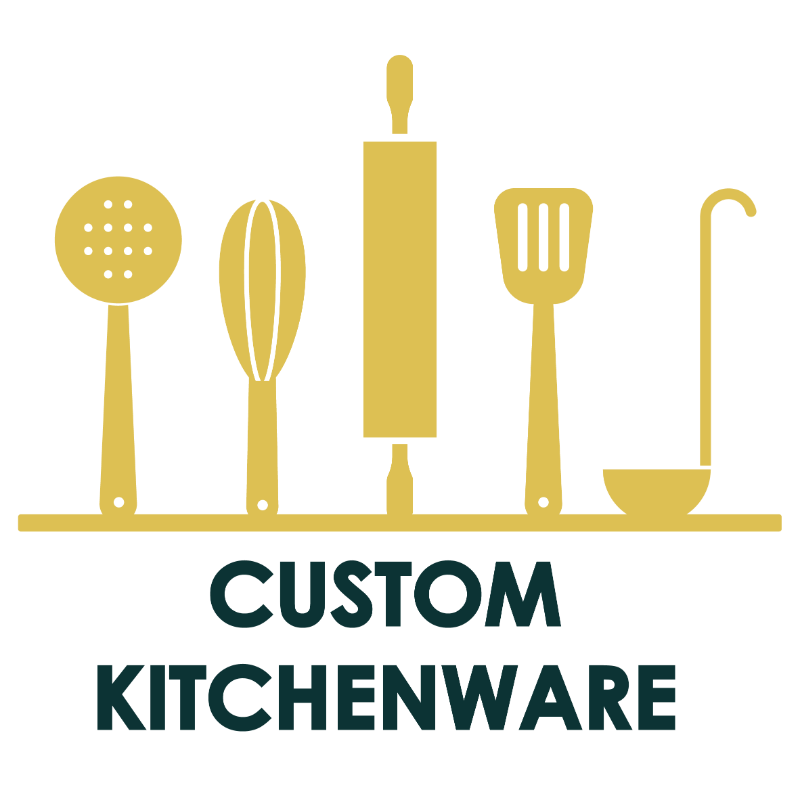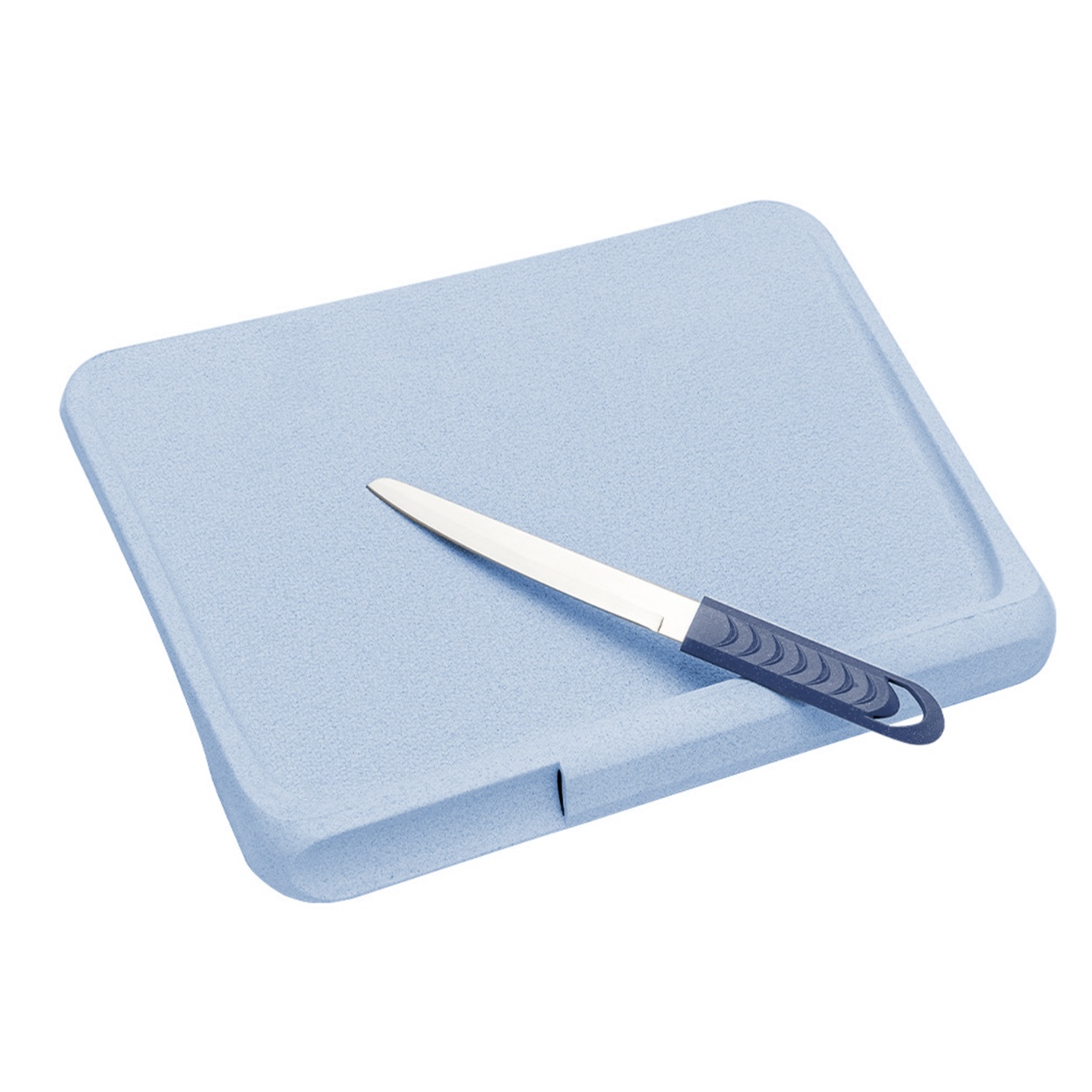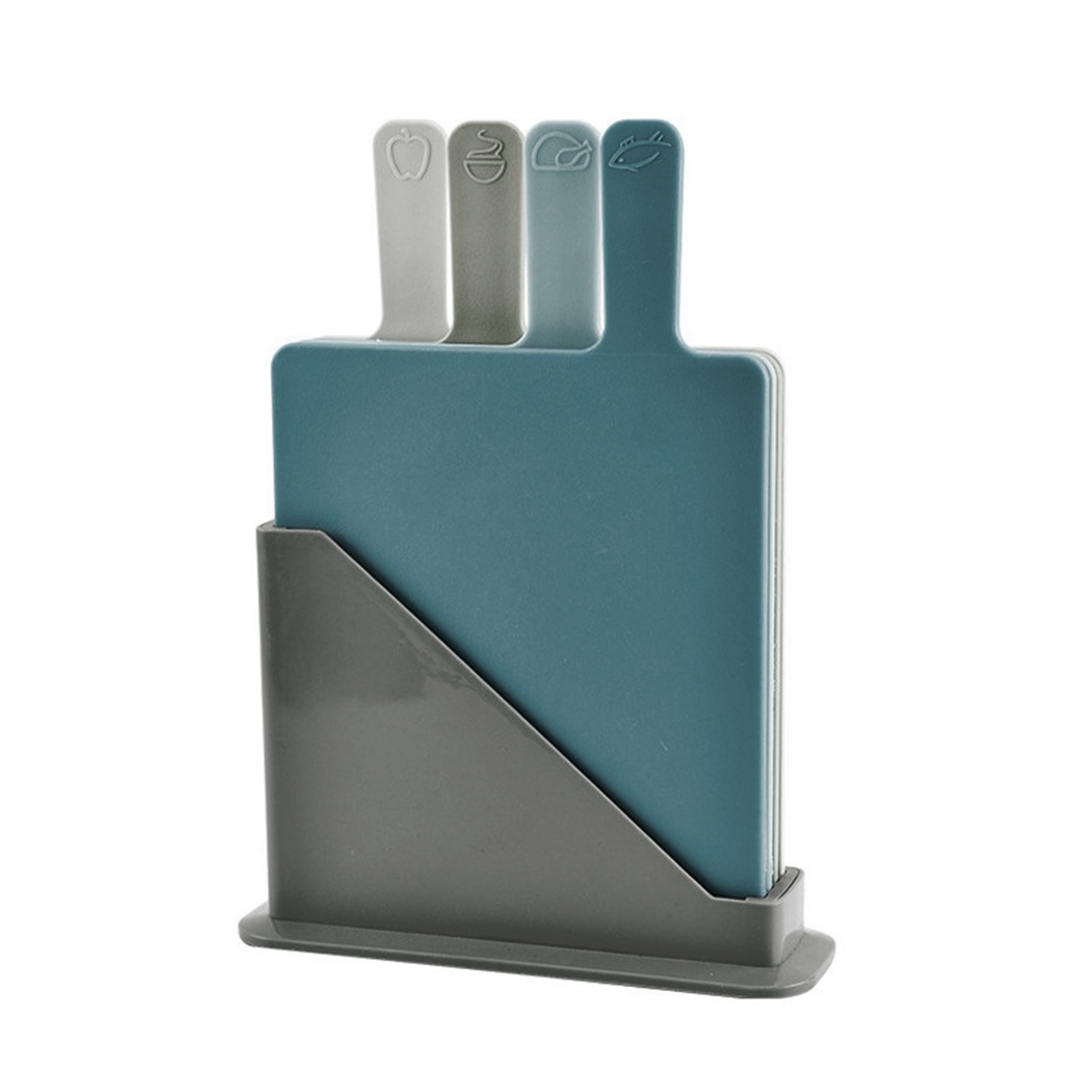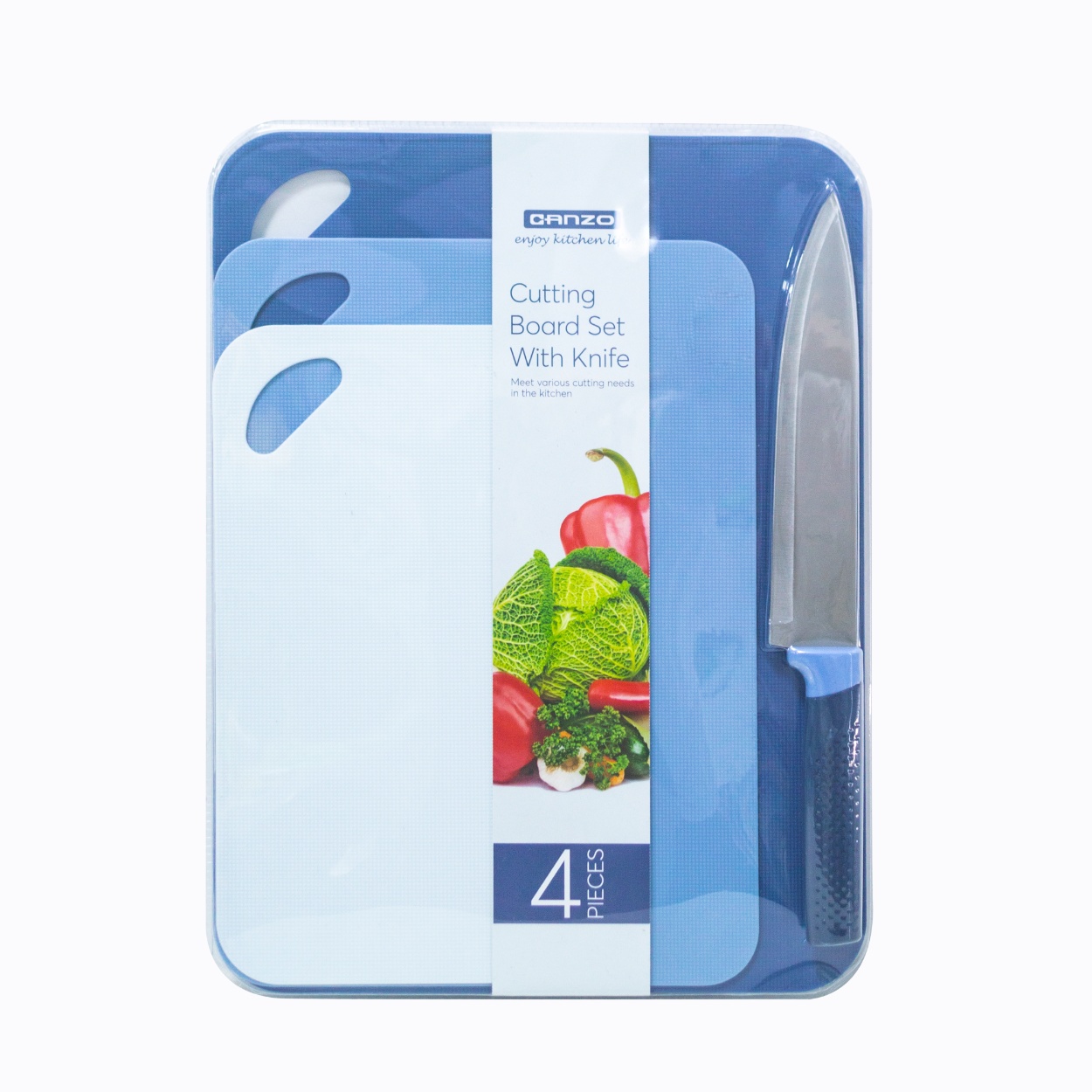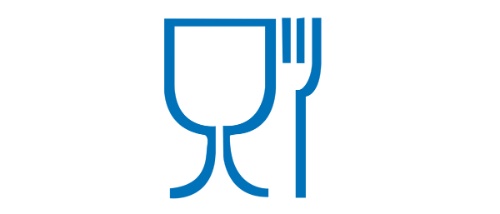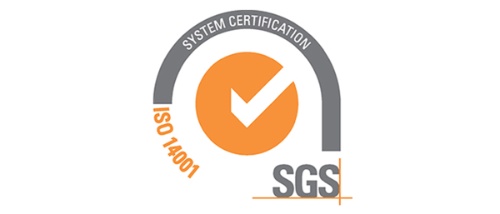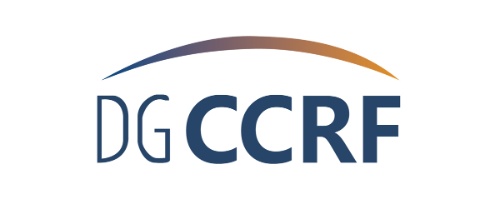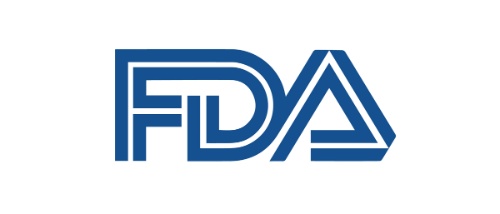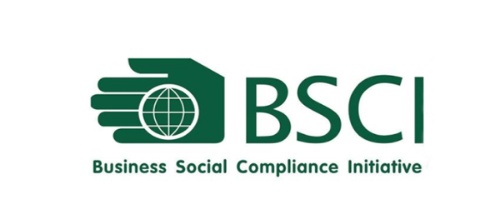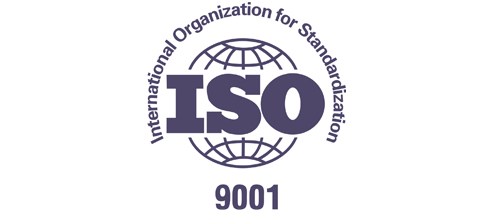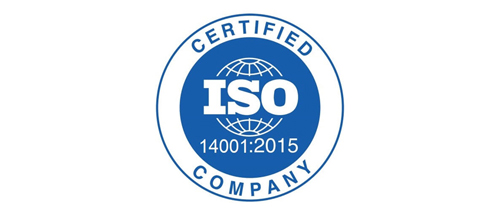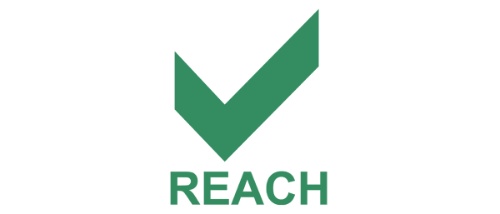Wholesale Plastic Chopping Board
We will dives deep into the world of wholesale plastic chopping boards, offering a comprehensive guide for businesses looking to source high-quality, durable, and food-safe cutting boards directly from a reputable manufacturer. Whether you’re a retailer, a restaurant owner, or a distributor, this read will equip you with the knowledge to make informed purchasing decisions, ensuring you get the best value and quality in the market.
Why Choose Plastic Cutting Boards for Your Business?
When stocking your kitchen or retail space, the choice of cutting boards is crucial. Plastic cutting boards stand out for several reasons. They are incredibly durable, resisting wear and tear from daily use. Unlike wood, plastic doesn’t absorb liquids, making it a more hygienic choice as it’s less likely to harbor bacteria. Plus, they are dishwasher safe, offering convenience in cleaning that’s hard to match.
What Makes a Quality Plastic Cutting Board?
Not all plastic cutting boards are created equal. A quality board is made from food-grade, BPA-free plastic, ensuring safety for food preparation. It should be thick enough to prevent warping but light enough for easy handling. The surface should resist deep scratches, which can become breeding grounds for bacteria. Look for boards with a non-slip design, providing stability during use.
How Do I Choose the Right Plastic Cutting Board Material?
Choosing the right material is pivotal. High-density polyethylene (HDPE) is a popular choice due to its durability and resistance to moisture, stains, and odors. Polypropylene is another excellent option, known for its high melting point and resistance to chemicals. Understanding the properties of these materials will guide you in selecting boards that meet your specific needs.
Are Plastic Cutting Boards Safe for Food Preparation?
Absolutely! When manufactured to meet food safety standards, plastic cutting boards are a safe choice for food preparation. Look for certifications like FDA approval and BPA-free labels to ensure the boards are non-toxic and safe for contact with food. Regular cleaning and replacing boards with deep scratches will further enhance food safety.
How to Maintain and Care for Your Plastic Cutting Boards?
Maintaining your plastic cutting boards is straightforward. They can be washed by hand with soap and hot water or placed in the dishwasher for a thorough clean. To prevent warping, store them flat. It’s also a good practice to use separate boards for raw meats and produce to avoid cross-contamination.
What Are the Benefits of Buying Wholesale?
Buying wholesale plastic cutting boards offers numerous advantages. Firstly, it significantly reduces costs, allowing for higher profit margins or the ability to offer competitive prices to customers. Bulk purchasing also ensures consistency in quality and availability, essential for businesses. Plus, dealing directly with a manufacturer like Custom Kitchenware Factory can provide opportunities for customization and access to a wide range of products.
Why Partner with a Bamboo Cutting Board Manufacturer for Plastic Boards?
You might wonder, “Why a bamboo specialist for plastic boards?” It’s simple. A manufacturer experienced in diverse materials understands the nuances of kitchenware quality and safety. They bring their expertise in crafting bamboo cutting boards to the plastic domain, ensuring high standards are met. This partnership guarantees you’re not just buying a product but investing in quality backed by experience.
Can I Customize My Wholesale Order?
Yes, customization is a significant advantage when working directly with manufacturers. From custom poly cutting board sizes to unique designs and even promotional cutting board options with your brand’s logo, the possibilities are vast. This flexibility allows you to tailor products to your brand’s identity and customer preferences. You may be interested in our custom ice mold.
What Should I Look for in a Wholesale Supplier?
When selecting a supplier, consider their experience, reputation, and the range of products they offer. Look for certifications like BSCI, Sedex, ISO9001, and Walmart audits, indicating adherence to quality and ethical standards. A reliable supplier will offer transparent communication, competitive pricing, and reliable shipping options. It’s also beneficial if they can provide third-party factory inspections for added assurance.
How Can I Ensure the Best Price and Quality?
To secure the best deals, start by requesting samples to assess quality firsthand. Engage in clear communication with the supplier about your needs, including quantity, customization, and delivery expectations. Comparing offers from multiple suppliers and negotiating terms can also lead to better pricing. Remember, the cheapest option isn’t always the best; balance cost with quality and reliability.
Delving Deeper: Insights and Expertise
Understanding the Manufacturing Process
As a seasoned player in the kitchenware industry, I’ve seen firsthand the evolution of manufacturing processes, particularly for plastic cutting boards. The process begins with selecting high-quality, food-grade plastic, often HDPE or polypropylene, known for their durability and safety. These materials are melted down and molded into the desired shape and thickness. Advanced techniques allow for the creation of non-slip textures and juice grooves, enhancing the board’s functionality.
One of the key innovations I’ve witnessed is the integration of antimicrobial technology directly into the plastic during manufacturing. This not only makes the boards safer by inhibiting bacterial growth but also extends their lifespan by preventing material degradation.
“Working directly with a manufacturer allows for a level of customization and quality control that’s hard to achieve otherwise. It’s about creating a product that truly meets the needs of the end-user, from safety to functionality.”
The Importance of Certifications and Compliance
In my years navigating the complexities of the wholesale kitchenware market, I’ve come to appreciate the critical role of certifications and compliance. These are not just stamps of approval but a testament to a manufacturer’s commitment to quality, safety, and ethical practices. For instance, FDA and LFGB certifications ensure that the cutting boards are safe for food contact, while ROHS and REACH compliance indicates the absence of harmful substances.
Moreover, factory audits like BSCI, Sedex, and ISO9001 provide a window into the manufacturer’s operations, ensuring they adhere to international standards for quality management and social responsibility. This level of scrutiny is invaluable, offering peace of mind that you’re partnering with a reputable and responsible supplier. Our factory also produces wholesale placemat, you can check it out if you are interested.
Navigating Payment and Logistics
Securing favorable payment terms and efficient logistics is paramount in wholesale transactions. I always advise exploring various payment options, such as Alibaba Trade Assurance, Visa, MasterCard, T/T, and PayPal, to find the most secure and convenient method for your business. Understanding the nuances of each can protect your investment and streamline transactions.
Regarding logistics, the devil is in the details. From sample lead times to mass production schedules, clarity and communication with your supplier are key. Whether it’s a small order requiring swift delivery or a large consignment needing careful planning, understanding the supplier’s capabilities and your requirements can prevent delays and ensure a smooth process. For example, our factory can produce wholesale splatter screen.
Leveraging Market Trends and Consumer Insights
Staying ahead of market trends and understanding consumer preferences is crucial. For instance, the growing demand for eco-friendly products has led to innovations in biodegradable plastics and sustainable manufacturing practices. By aligning with these trends, you can cater to a broader audience and position your brand as forward-thinking and environmentally conscious.
Moreover, consumer insights can guide product selection and customization. For example, the popularity of color-coded cutting boards for preventing cross-contamination reflects a growing awareness of food safety among consumers. By offering such products, you can meet specific consumer needs and differentiate your offerings in a competitive market.
Real-World Applications and Success Stories
Throughout my career, I’ve had the privilege of witnessing numerous success stories where businesses thrived by making informed decisions in their wholesale kitchenware sourcing. One retailer, for example, saw a significant uptick in sales after introducing a line of customized, color-coded plastic cutting boards sourced directly from a reputable manufacturer. The combination of high quality, safety certifications, and customization options resonated with their customer base, leading to increased customer satisfaction and loyalty.
Another success story involves a restaurant chain that upgraded its kitchen operations by switching to wholesale plastic cutting boards with antimicrobial properties. This not only enhanced food safety practices but also reduced replacement costs due to the durability of the boards. These real-world examples underscore the impact of strategic sourcing on business success.
A Closer Look at Customization Options
One of the most exciting aspects of working directly with a manufacturer is the ability to customize products. For instance, personalized cutting boards have become increasingly popular, not just for home use but also as promotional items. I’ve seen businesses leverage this trend by offering cutting boards with unique designs, logos, or even customer names, creating a personalized touch that enhances brand visibility and customer engagement. We also offer custom kitchen gadgets set.
Moreover, customization extends beyond aesthetics. Functionality features like juice grooves, non-slip edges, and specific dimensions can be tailored to meet the unique needs of your target market. This level of customization not only sets your products apart but also demonstrates a commitment to meeting customer needs and preferences.
The Future of Plastic Cutting Boards
Looking ahead, the future of plastic cutting boards is bright, with ongoing innovations in materials, design, and functionality. Advances in biodegradable plastics and sustainable manufacturing practices are paving the way for more environmentally friendly options. Moreover, smart technology integration, such as cutting boards with built-in scales or sanitization features, could revolutionize kitchenware as we know it.
As a professional deeply embedded in this industry, I’m excited about these developments and the opportunities they present for businesses and consumers alike. By staying informed and adaptable, businesses can leverage these innovations to offer cutting-edge products that meet the evolving needs of the market.
Choosing the Right Partner: A Checklist
Selecting the right wholesale partner is a decision that can significantly impact your business. Here’s a checklist I’ve developed over the years to guide this crucial process:
Quality Assurance: Ensure the supplier has relevant certifications (FDA, LFGB, ROHS, REACH) and undergoes regular factory audits (BSCI, Sedex, ISO9001).
Customization Capabilities: Verify their ability to customize products to your specifications, from size and shape to branding and unique features.
Communication and Transparency: Look for a partner who values clear, open communication and is transparent about their processes and pricing.
Logistics and Reliability: Assess their capacity to meet your logistical needs, including sample and order lead times, shipping options, and inventory management.
Market Knowledge and Innovation: Partner with a supplier who demonstrates a deep understanding of market trends and a commitment to innovation.
Ethical and Sustainable Practices: Consider their commitment to ethical manufacturing and sustainability, reflecting a growing consumer preference for responsible products.
By meticulously evaluating potential partners against this checklist, you can forge a partnership that not only meets your immediate needs but also supports your long-term business goals.
Embracing the Digital Age: Online Sourcing and E-commerce
The digital age has transformed the way businesses source and sell products. Online platforms and e-commerce have made it easier than ever to connect with manufacturers worldwide, compare offerings, and make informed purchasing decisions. I’ve seen firsthand how businesses have leveraged these tools to streamline their sourcing process, reduce costs, and expand their product lines.
For instance, online platforms offer a vast array of wholesale kitchen items, including cutting boards, allowing businesses to explore options beyond their local market. E-commerce, on the other hand, provides a direct channel to consumers, enabling businesses to sell customized or niche products that might not be viable in traditional retail settings. Embracing these digital tools can open up new opportunities for growth and innovation in the competitive world of kitchenware. We also offer a wide range of wholesale kitchen accessories on our website.
Final Thoughts: Key Takeaways for Sourcing Wholesale Plastic Cutting Boards
As we wrap up this comprehensive guide, let’s distill the essence of what we’ve discussed into actionable takeaways:
Quality and Safety First: Always prioritize suppliers who adhere to international quality and safety standards, ensuring your products are safe, durable, and reliable.
Customization is Key: Leverage the customization capabilities offered by manufacturers to create unique products that stand out in the market and meet your customers’ specific needs.
Understand Your Market: Stay informed about market trends and consumer preferences to guide your product selection and customization efforts.
Build Strong Partnerships: Choose wholesale partners who value transparency, communication, and ethical practices, fostering a relationship built on trust and mutual benefit.
Embrace Innovation: Be open to new materials, technologies, and designs that can enhance your product offerings and meet the evolving demands of the market.
Leverage Digital Tools: Utilize online platforms and e-commerce to streamline your sourcing process, expand your product line, and reach a broader audience.
By keeping these key points in mind, you can navigate the complexities of sourcing wholesale plastic cutting boards with confidence, ensuring you make decisions that benefit your business and your customers.
FAQ of How to Custom Wholesale Plastic Chopping Board
We are the direct manufacture, supply to many USA, EU brand and Chain-store private labels in the past 14 years via Chinese local vendors. Now we hope to offer more wide range of kitchenware items to you directly with our good customer service.
As a professional wholesale custom kitchenware factory, we are welcome custom design and accept low MOQ for custom logo too. Feel free to send us your design,our team will work closely with you.
1. Sample approval.
2. Client approves our pp sample, and get the testing report if any necessary.
3. Mass Production.
4. Arrange shipment.
5. Supplier arranges necessary documents and sends copy of these documents.
6. Client effect balance payment.
7. Supplier sends original documents or telex release the good.
We provide pre-production sample before mass production and inspection by third parties before shipment.
Most of the items, we have stock at our warehouse, so we don’t need a MOQ and we will be able to deliver to you quickly from 3-30 days, it will depend on your order quantity. Normally we will be able to send them out within 3 days.
